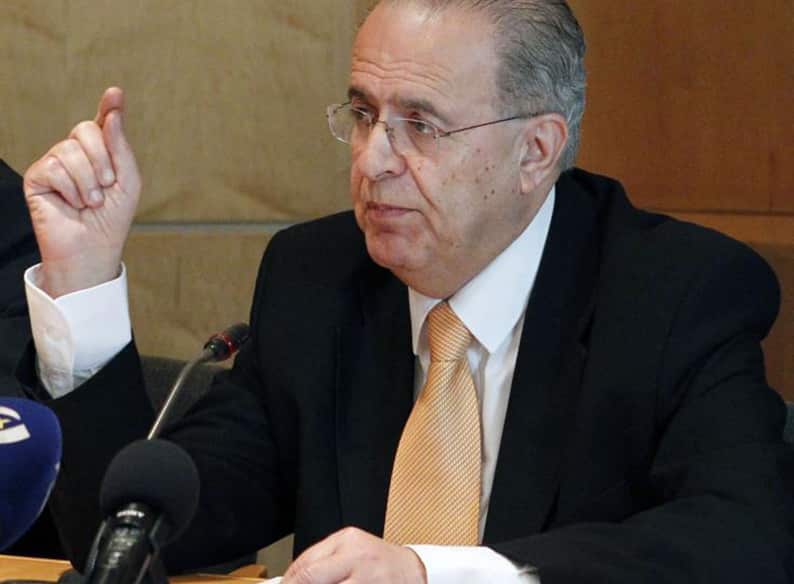The Republic will press ahead in its attempt to secure confidence building measures (CBMs) with the Turkish Cypriots, with the foreign minister seeking EU support for the proposals.
A recent policy shift by the Republic has seen the push for sanctions against Turkey to be shelved and instead pivot towards CBMs, which have a much greater international backing from key players.
Foreign Minister Ioannis Kasoulides is set to meet EU high representative Josep Borrell and other top officials during the EU foreign affairs council on Monday.
Foreign ministry spokesperson, Demetris Demetriou, told the Cyprus News Agency on Thursday that Kasoulides will detail the proposals during the summit and request the EU’s support in advancing the measures, which it is hoped, will help detoxify the current climate which has choked efforts to resolve the Cyprus problem.
But Turkish Cypriot leader Ersin Tatar has already taken a swipe at the proposals, calling the offer a “propaganda stunt”.
Recent proposals by President Nicos Anastasiades include the handing over of fenced-off area of Varosha to the UN, putting the Famagusta port customs services under EU authority to facilitate trade with the outside world and the operation of Tymbou (Ercan) airport under the UN.
Agreement to the latter two measures would end the ‘isolation’ and the embargo that the Turkish Cypriots were complaining about, Kasoulides told Kathimerini in an interview over the weekend.
In exchange for agreeing to opening up the north to trade and international flights, the Cyprus government wants Turkey to implement the additional Ankara protocol, by opening ports to ships under the Cyprus flag and allowing Cyprus planes to enter Turkish airspace.
Tatar has instead called for the creation of a committee to negotiate the joint management from Cyprus’ hydrocarbon deposits.
Sanctions against Turkey, most recently for its opening up of Varosha, were at the centre of the policy of the former foreign minister Nikos Christodoulides but the efforts were largely shunned by the US and EU.
Kasoulides also recently took an indirect swipe at his predecessor.
“Without saying someone is to blame, we went through the phase of probable lack of trustworthiness and enter a different orbit that gives me the right to hope of better prospects in the coming weeks or months,” Kasoulides told Kathimerini.







Click here to change your cookie preferences